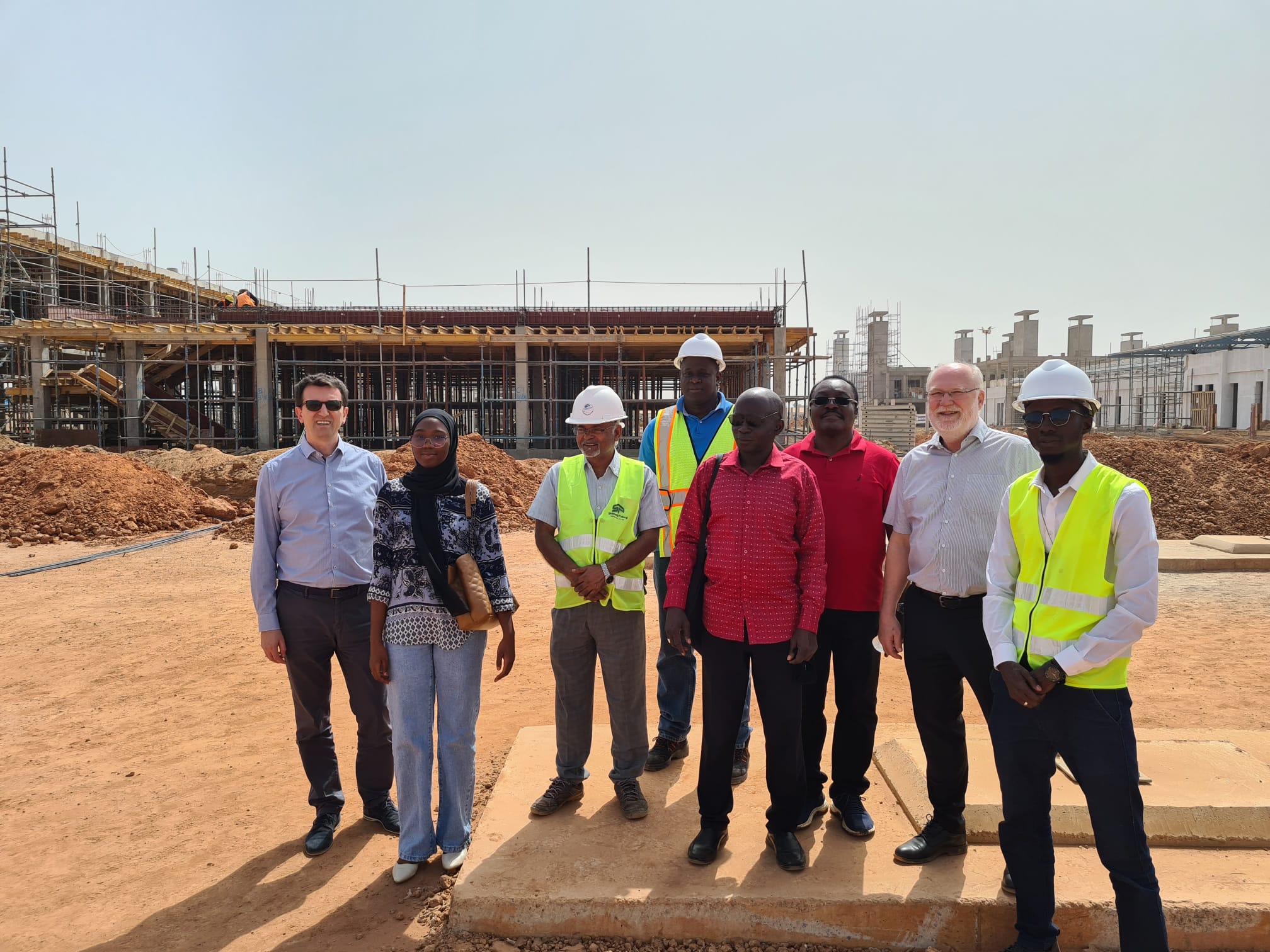Paving the way for the introduction of the new radiotherapy facility, radiation safety experts also undertook assessments of capacity and needs related to the regulatory infrastructure in The Gambia to ensure the safe use of ionizing radiation in healthcare facilities.
“Advanced medical technologies have introduced new possibilities for diagnostics and treatment. However, it is necessary to provide assurance that it can be used safely. An adequate national infrastructure for radiation safety, including a fully functional regulatory body, should be in place to ensure the protection of workers, patients, and the public,” said Jovica Bosnjak, Radiation Safety Infrastructure Specialist at the IAEA Department of Nuclear Safety and Security.
As part of the mission, the team facilitated a two-day national stakeholders’ meeting where key findings from the imPACT review were incorporated into the final draft of the country’s National Cancer Control Strategy. This five-year strategy promotes cancer prevention and early detection whilst improving services for diagnosis and treatment, including palliative care. It builds on other global initiatives in the area of cancer care, including with WHO.
“We are working closely with the National Cancer Control Programme in The Gambia to prioritize the prevention and early detection of cervical, breast and child-hood cancers in line with the respective global cancer control initiatives,” said Gassama Momodou, Health Promotion Officer for The Gambia’s WHO Country Office.
Going forward, findings from the imPACT Review are expected to serve as a baseline from which to expand access to cancer diagnostic and treatment services through the IAEA’s technical cooperation programme and Rays of Hope initiative.
“The Gambia is a new IAEA Member State, and we expect the recommendations from the imPACT Review to inform the design of priority programmes on expanding access to the use of radiation medicine under the Rays of Hope Initiative, in line with the first Country Programme Framework recently signed between the Gambia and the IAEA,” said Neil Jarvis, IAEA Programme Management Officer for The Gambia and Section Head, Division for Africa, IAEA Technical Cooperation Department. “The IAEA will assist the country to develop a strategic funding (“bankable”) document which will serve as a techno-economic feasibility study and will be useful for their resource mobilisation in the establishment of the proposed radiotherapy facility,” he added.
Helping countries to secure funding to reach their health sector developmental goals is a key support mechanism offered by the IAEA under the Rays of Hope initiative. “Through Rays of Hope, our objective is to bring together the different actors to deliver impactful and lasting change,” said IAEA Director General Rafael Mariano Grossi in his opening statement at the Rays of Hope World Cancer Day event held in Vienna earlier this year.












